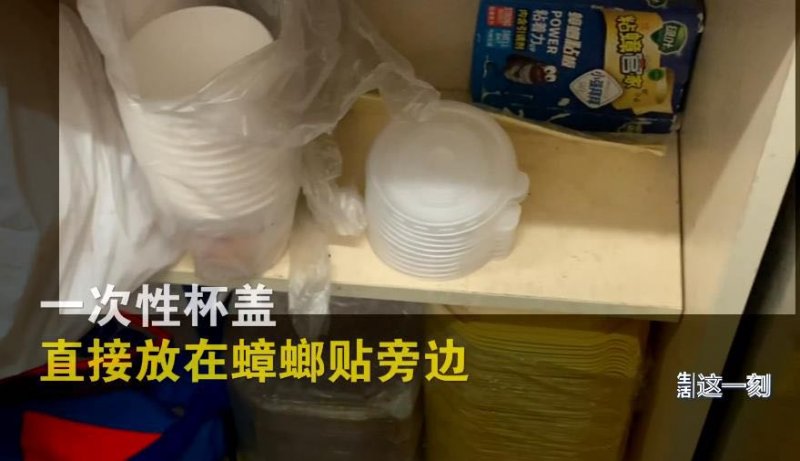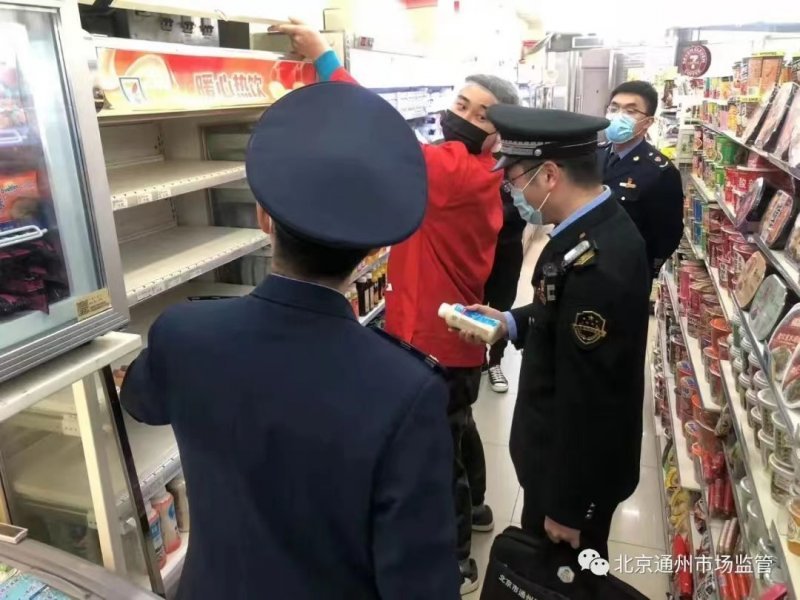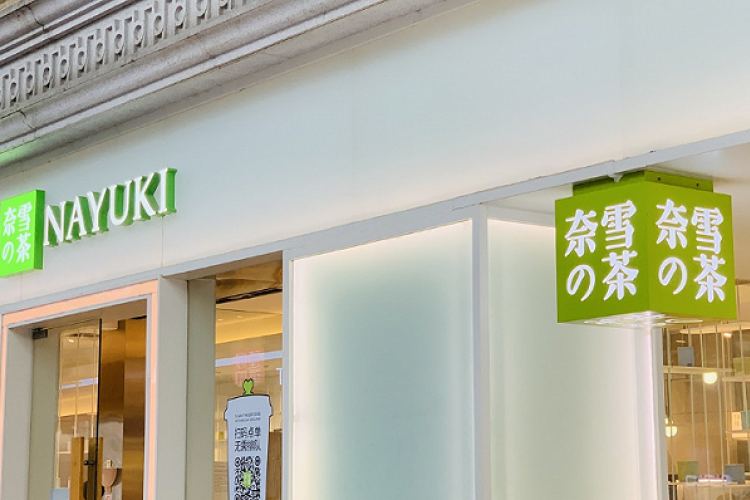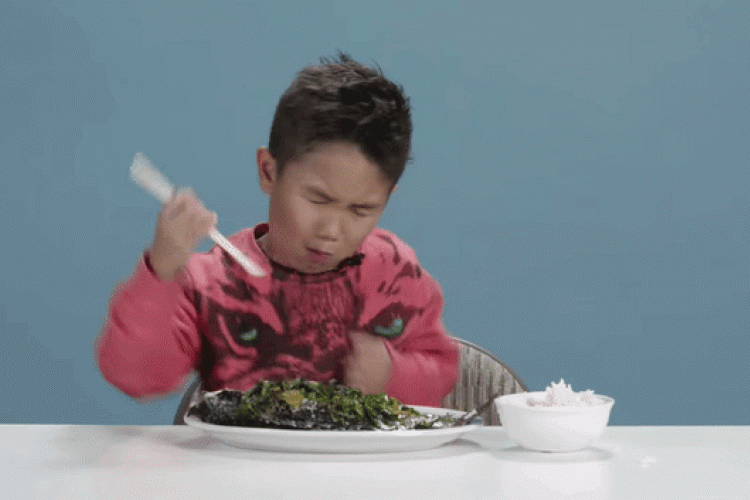Beijing 7-Eleven Shops Caught in Food Safety Scandal
A recent undercover investigation by a BTV reporter discovered several food safety violations at a Liangmaqiao branch of convenience store chain 7-Eleven. In response to the scandal, 7-Eleven released a statement saying that it had immediately closed the store in question.
The reporter found that in the store, a number of drinks stored out in the open on shelves had already expired, but the staff didn't scrap them, instead opting to write a new label to replace the original one. The staff also didn't properly store cups and food box items, storing bags of disposable cups and lids in a cabinet right next to a cockroach trap. The messiness of the place was simply staggering.

Following the Liangmaqiao branch scandal, another 7-Eleven store in Tongzhou was also caught selling expired foods. The store immediately released a statement saying that it would launch an in-depth investigation into the matter.

What’s worth mentioning is the two stores exposed are both franchise stores, not direct-sale stores. And, this isn't the first time a 7-Eleven franchise was caught in a food safety scandal.
As early as last April, reporters from Beijing Business Daily discovered food safety violations at a 7-Eleven branch in Lincuidonglu. Table surfaces were found to be covered in rust, and food scraps were strewn everywhere. In response, the convenience store simply blamed the food safety issues on the fact that their Lincuidonglu branch is a franchise store.
When Fanchising Goes Wrong
Many convenience stores across China have embraced the franchising model. Currently, 7-Eleven and Lawson Station have 40.4 percent and 49.6 percent franchise stores in China respectively, whereas FamilyMart has more than 80 percent.

It seems like franchising has presented some of the greatest risks to food safety. But why is this the case? This is because many big-name brands need to expand their revenue through franchise stores, but they are unable to implement tougher control on food safety problems in their franchise stores.
Most brands are not willing to let go of franchising because it allows them to rapidly expand over a short amount of time at minimum cost to the company. The obsession with expansion has led some brands to ignore potential safety issues in individual stores. And when a food safety problem occurs, many brands will point the fingers at the stores themselves to shake off any responsibility.
For direct-sale stores, they are usually under the direct operation of the company. They will usually strictly implement the selection, logistics and service in accordance with the standards, so that consumers know what to expect.
Read:Covid Lockdown Prep: What to Stock Up On, Just in Case
Images: 三言财经,Dianping






